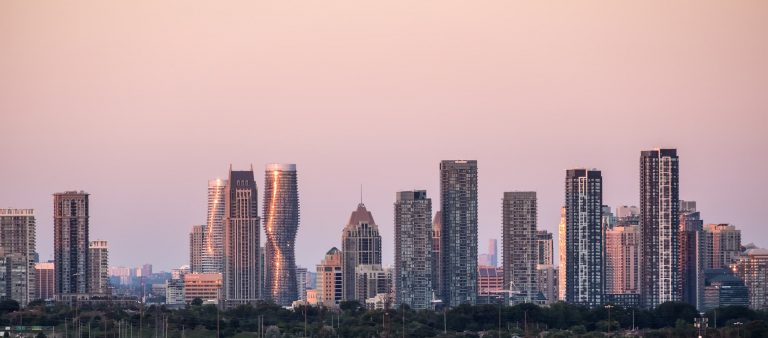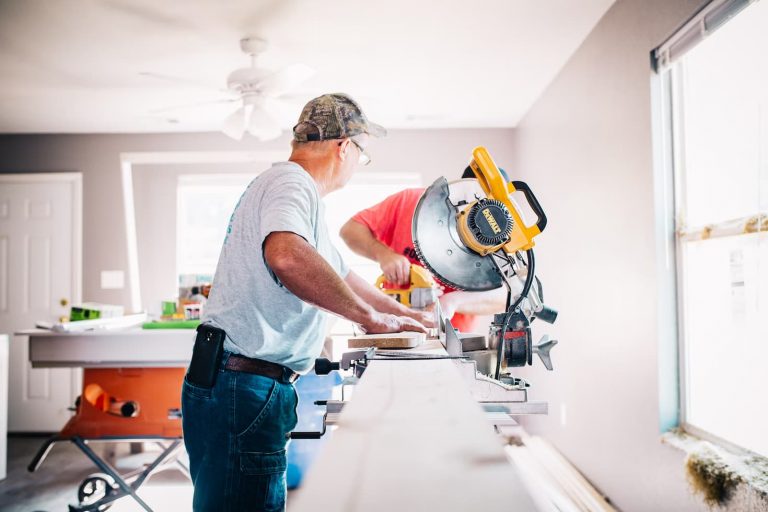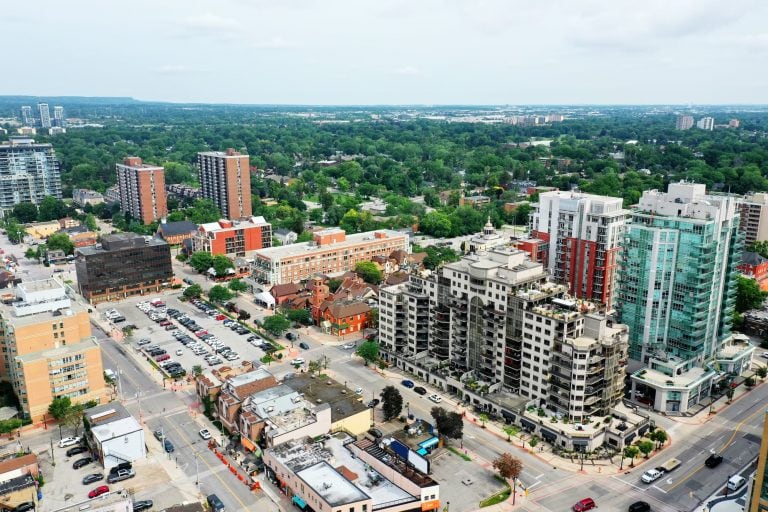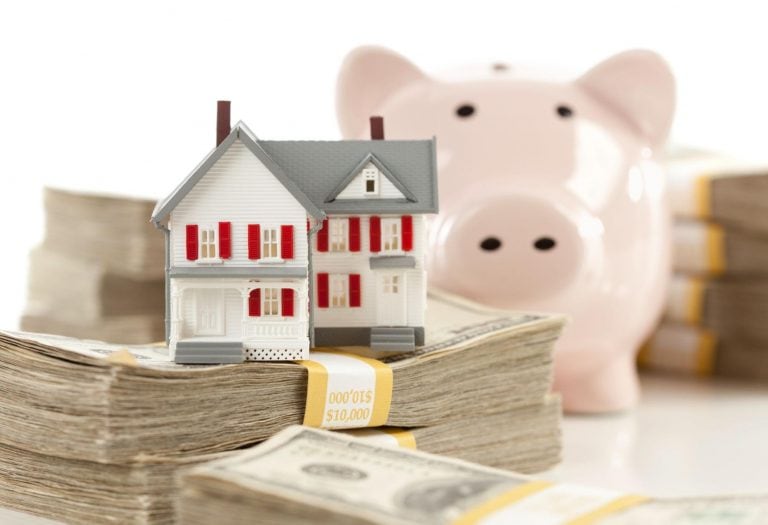Buying a home for the first time can be nerve-wracking. Not only is it a major life change, but there are so many different facets to work through when buying a home. If you’re looking for homes for sale in Toronto, you may be searching for convenience to the city centre, but if you are searching Vancouver homes for sale you may want serenity with mountain views. In both scenarios, there will be a ton of details to work through, and it can be difficult to know where to start.
We have compiled a list of the must-ask questions any Canadian first-time home buyer should ask. This will give you some bullet points for your next meeting with your agent, and it may spark some questions you haven’t even thought about before. Follow along below, and you’ll enter your home buying journey like a pro!
Ask Yourself
Before you even consider asking your agent about certain homes, there are a few things you have to think through yourself. Lockdown this knowledge, and your home search process will be 10x easier for everyone involved.
1. How Much Mortgage Can I Afford?
A simple question, but perhaps the most important one. Unless you are buying a home with cash, you’ll need to get pre-approved for a mortgage loan. This sounds scary, but there are a ton of tools and services available that can help you figure this out. Here are some options:
- Speak With A Mortgage Lender – This is the best way to not only discover how much mortgage you can afford, but also get pre-approved for the loan. A mortgage lender is trained to gather together all your information and come back with how much you can afford to spend on a home. In addition, if everything goes smoothly in this first step, you can begin talks about getting pre-approved and keep in touch with your lender throughout the entire process.
- Use an Online Mortgage Calculator – This is an easy way to figure out how much home you can afford, but it won’t take you much further. Online mortgage calculators will give you a decent idea of how much your mortgage can be and can connect you with mortgage lenders and loan officers, but their usefulness stops there. After this, you’ll still need to get pre-approved and discuss getting a first-time home buyer loan with a lender, but it’s a helpful tool if you are simply looking out of curiosity.
2. What is my TOTAL Budget
In addition to the mortgage itself, you’ll want to consider any other expenses that will come with owning a home. Renovations, move-in crews, closing costs, and property taxes lurk behind that offer letter waiting to surprise you. Consider these, plus your mortgage, and assess how much you can completely afford.
Don’t forget, even while buying a home, you still are paying for daily expenses like phone bills, groceries, and gas, so don’t overshoot your budget and then be left in a sticky financial situation.
3. What Neighbourhood Do I Want to Live In?
This is one of the more fun questions to think through. When deciding where to live, there are a lot of factors at play: schools, parks, walkability, etc. You’ll want to do a little bit of research on the area you’re moving to and discover what you look for in a potential community. These are all factors you’ll be able to bring to your real estate agent when looking for a home, but it’s more efficient to have these preferences ready to go before your buying journey begins.
4. What Is My Limit For How Far I’m Willing To Commute?
This one isn’t complicated, but it’s crucial to how much you’ll be able to enjoy the location of your new home. If you aren’t willing to commute more than 30 minutes to work every day, that will guide both you and your agent on where to look for homes. You don’t want to waste time searching through houses that will leave you stuck in an hour of traffic at the end of the day, so get this situated beforehand and it’ll save you and your agent loads of time.
5. What Kind of Home Am I Looking For?
Are you downsizing? Need more room to grow your family? Do you require a large yard for your dog to roam around in? These are all critical things to consider when buying a home for the first time. Your agent will know where to find homes with big yards or smaller, accessible townhomes, but they won’t know that’s what you’re looking for unless you tell them. The home search process will be much more beneficial if you have collected all your housing needs beforehand.
Ask Your Real Estate Agent
Now that you know your budget and what kind of home you’re looking for, it’s time to meet with an agent. Buying a home for the first time definitely calls for a professional’s help, as they will be able to assist you with things you don’t even know you need help with. When your agent begins the search process, here are some typical questions you can ask to walk into closing day with open eyes.
6. How Much Will Closing Costs Come Out To?
This is a crucial question when budgeting for your first home. You don’t want to go through all of the trouble of putting in offers on a home only to find out you can’t financially afford the closing costs in addition to all of it.
Your real estate agent will have been a part of quite a few closing days, so they’ll have a pretty good idea of what to expect when the time comes. Here are some keywords to look out for when asking your agent this question:
- Appraisal fees
- Inspection costs
- Lawyer/notary fees
- Land Transfer Taxes
- Title insurance premiums
- Due diligence fees
7. What Are Ongoing Costs?
It’s no secret that home buying is expensive, but there are often expenses that pop up after closing that you may not expect. Even past closing day, there are still one-time and ongoing costs associated with buying and moving into your new home. While your real estate agent can’t give you an exact number for how much all of these will cost, they can give you an estimate.
Ask your agent about property taxes, home insurance, how much to expect on maintenance upfront, and utility setup fees. They’ll be able to help you figure out how much you should set aside for those costs upfront and annually.
8. When Was the Home Built?
This question is a classic, and your real estate agent may answer it before you even ask. Knowing the year your house was built is a great way to gain insight on any structural issues, maintenance problems, or outdated systems. Knowing these facts about your home will help you prepare if you need to replace appliances, the HVAC, or any other house features.
On the other hand, if your home is newer, it could still be under warranty. This typically only stands if the home is less than 10 years old, but it ensures that if anything goes awry with the construction of the house, it can still be fixed by the builders. This is crucial because if the house is under warranty, you’ll need to get the sellers to transfer the warranty over to you.
9. What Issues Has the House Had In The Past?
It’s clear why you’d want to ask this question. If the property has had a suspicious number of leaks or structural issues over the years, it could sway your decision on whether it’s worth buying. Ask the real estate agent whether or not the previous owners disclosed any damage or defects in the home, and then consider an inspection to double-check.
Is the House Stigmatised?
Similarly, you’ll want to ask if the house has been the subject of any worrying events in the past. In Canada, there isn’t a requirement to disclose if someone passed away in the home, if there was supernatural activity, a meth lab in the house, or any other strange happenings, but they have to tell you if you ask, so don’t skim past that.
10. Are Appliances and Major Systems Updated?
Kitchen appliances, washers and dryers, water heaters, and HVAC systems can be some of the most pricey updates on a home. To avoid those extra expenses falling on your shoulders too soon, ask how old major systems in the house are. Walk through each one and determine how soon or far out you’ll have to get them replaced.
11. How Old Is the Roof?
Similar to appliances, roofing is likely something you’ll need to keep up with every 15 to 20 years. Knowing the age of the home and the last time the roof was replaced/fixed can help you to know whether or not that’s an expense you’ll have to account for in the near future.
Even if the roof isn’t that old, don’t ignore it during the inspection. A single leak or inconsistency in the structure can bring about a lot more damage than you may think.
12. What Kind of Heating System Does the Home Run On?
The source of heat in your home can impact insurance policies, utility costs, and the home’s functionality. The most common heating source in Canada is the forced-air furnace, but you could also find baseboard heating, gas heating, or radiant floor heating. One isn’t necessarily better than the others, but it’s best to discuss this with your agent, so you know the ins and outs of heating your home.
If the house’s heating system is outdated, it could cause you to have some difficulty finding home insurance, and if your system fails (especially during Canadian winters), your water pipes could freeze. Nip that in the bud ahead of time, so you won’t have to worry about some expensive and inconvenient repairs later on.
13. What Is Public Transit Like From This Home?
If you tend to rely on public transportation to get to work or run errands, ask the real estate agent if your home is in a transit-friendly neighbourhood. They’ll be able to point out nearby bus stops, train stations, and other modes of transport that locals use in the area.
14. What Is the Community Like?
This is one of the more fun questions you get to ask your real estate agent. If you played your cards right, your agent will be familiar with the area you’re moving to and give you some insight on the community there. Does everyone mind their own business or is it a close-knit community where everyone knows each other? Are there regular community events or is the neighbourhood not as involved? Either way, asking about the neighbourhood is a great way to get an initial gauge of what your new home will be like.
15. Is the Home’s Location Natural Disaster Prone? What’s In Place to Protect It?
This is one of those things you don’t think about until it happens, so don’t miss it! This is especially important if you’re moving to a home by the water, the mountains, or somewhere that gets regular tornados. If the location is susceptible to natural disasters, ask about experiences in the past and what has been done to combat those disasters. If the home is prone to flooding, look for the home to be raised and have a top floor. If there are a lot of tornados in the area, look for an underground basement or room in the house to go when that happens.
Your real estate agent will tell you everything they know about the house, and whatever they can’t answer they will ask the homeowners about. It’s better to be safe than sorry, especially when buying your first home, so don’t be afraid to ask about the “what-ifs”.
16. How Long Has the Home Been on The Market?
This may seem like a tedious question to ask, but it can give you an idea of what’s going on in the home itself and in the local market. If everything looks great on the outside, but no one is looking to buy at the end of the day, you may want to dive deeper.
17. How Many Offers Have You Received For The Home?
Similar to the previous question, the more you know about the local market, the better. Knowing how many offers are being put down will let you know how likely you are to get the home. More importantly, it will tell you how much room there is for negotiation when you put in your own offer.
18. How Much Do Other Homes in the Area Go For?
While you can also do this research yourself, it’s likely to be more localised and accurate when coming from a real estate agent. If the house you’re looking at is way over or under, what other houses are selling for, it may be time to ask further questions about why that is. Knowing this information can be a powerful tool for negotiating an offer.
Ask The Homeowners
You may have access to the home’s current owners, and you may not. Just in case, here are a couple questions you can ask when buying your first home from them.
19. What Were The Highs and Lows of Living Here?
A simple enough question, the owners should be happy to share – especially if they have lived there for a significant amount of time. Ask what their favourite parts of the neighbourhood and home are, and get advice on feeling at home in the area. On the other hand, you can also ask them what wasn’t so great, and whether that was non-negotiable. Simply having an open conversation with the home’s current owners can tell you a lot about the home itself.
20. Do You Have Access to the Home’s Original Plans?
This is particularly something you want to ask if you want to do renovations on your home or if the home is within warranty. May not be necessary to ask based on circumstances, but it definitely doesn’t hurt to have the home’s original building plans.













